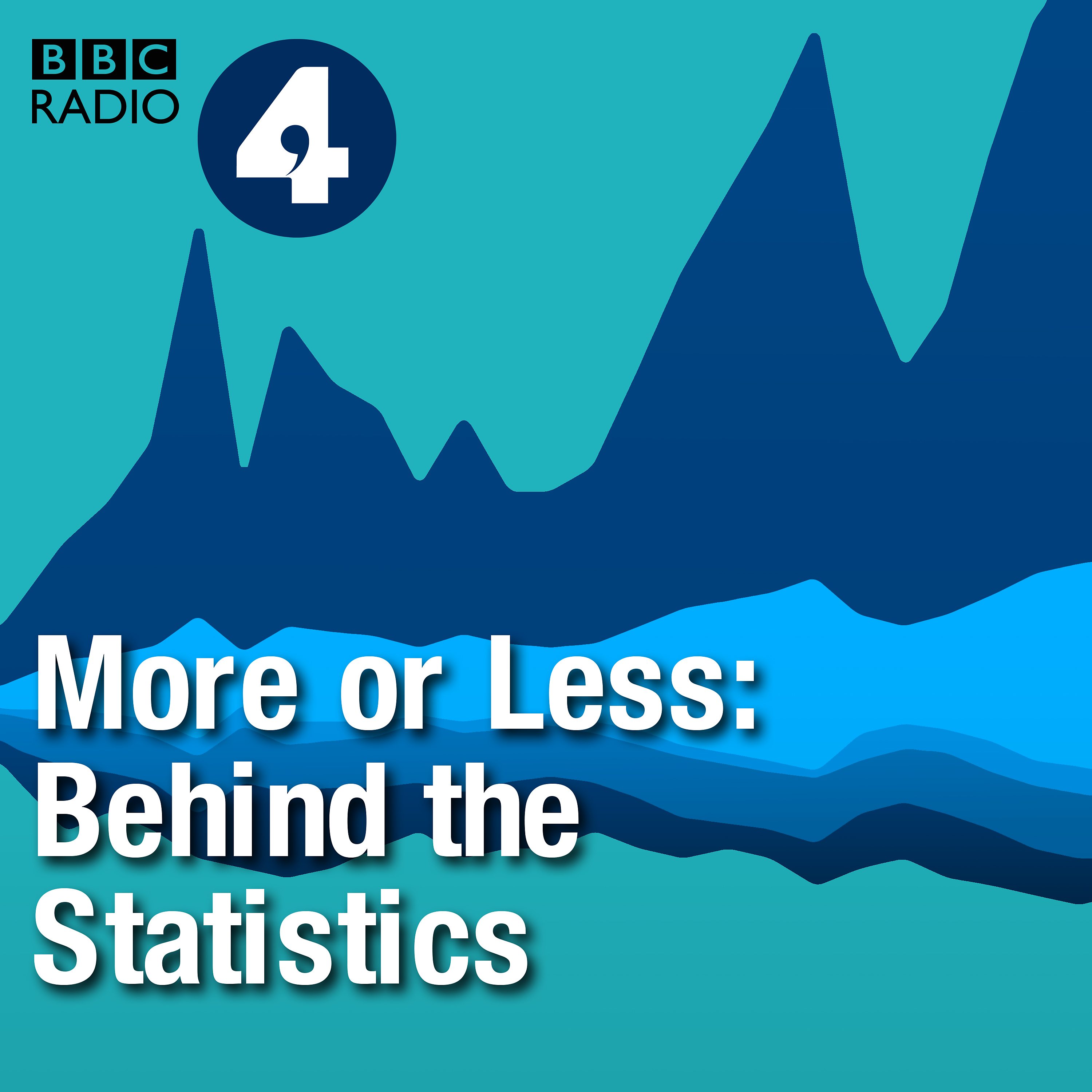What percentage of our brain do we actually use?
On this week’s episode of More or Less we interrogate a widely circulated myth relating to how much of our brain power we can access and engage. Ever heard someone say, “You know we can only use 10% of our brains, right?”. Well, they’re wrong. It’s the stuff of make believe and far-fetched movie plots. Science and evidence based research tells us so - and has, it turns out, been telling us so for decades…politely, if impatiently. So, then, if not 10%…what percentage of our brain do we actually use? From dark matter neurons to super-highway synapse and ghost cells that serve as inert echoes of our evolutionary past - with the help of two leading experts in the field, we crack open the figurative cranium of this debate and rummage around for the definitive truth. Presenter: Paul Connolly
Producers: Jon Bithrey, Natasha Fernandes
Editor: Richard Vadon
Sound Engineer: Rod Farquhar (Artificial intelligence brain network/Getty)

8m
